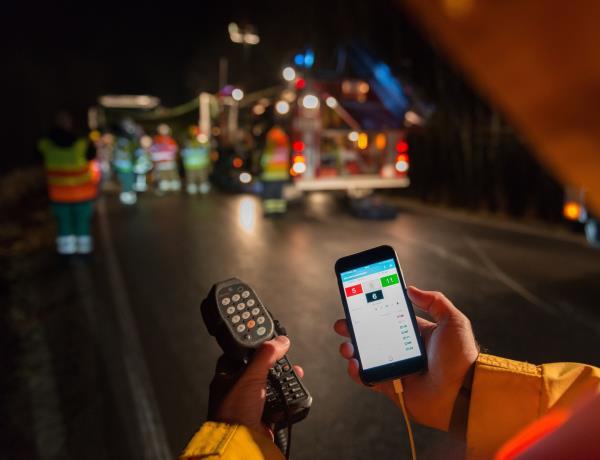15 March 2017

While there is no simple answer to how mobile broadband should be provided to public safety users, the TCCA says it's essential that any network employed is suited to mission-critical comms. Photo: Airbus
The security mechanisms being designed into future LTE standards are not currently at a level to match purpose-designed professional mobile radio standards, warns the TCCA (TETRA and Critical Communications Association).
In a recently published white paper*, the TCCA identifies four key focus points for governments to consider if they are looking to implement LTE-based public safety networks.
Among them, it says a review of the security arrangements available in LTE systems and any commercial network that is used should be undertaken by suitably qualified staff.
MNOs already have the ability to deliver mobile broadband to public safety services.
While many public safety organisations are already taking advantage of this, the TCCA says it is only for non mission-critical applications, with the traffic carried by a ‘best efforts’ commercial service.
It adds that for safety critical applications – such as dispatching ambulances, passing on details of terrorist suspects, dealing with major incidents, etc. – it is essential to use networks that are suited to mission-critical communication.
The TCCA also points out that as with any commercial organisation, mobile networks are subject to being bought and sold.
As a result, critical national infrastructure could end up being owned by foreign firms.
It advises those responsible for public safety communications to therefore consider national government policy with regard to foreign ownership and operation of telecoms infrastructure.
Spectrum and funding are also highlighted as focus areas in the white paper.
The association says the availability of spectrum is essential to enabling choice in the provision of broadband data services.
But even if spectrum is secured for public safety agencies, building nationwide infrastructure will be relatively costly in many countries.
The TCCA therefore believes that an optimal balance between dedicated and commercial networks will be needed.







